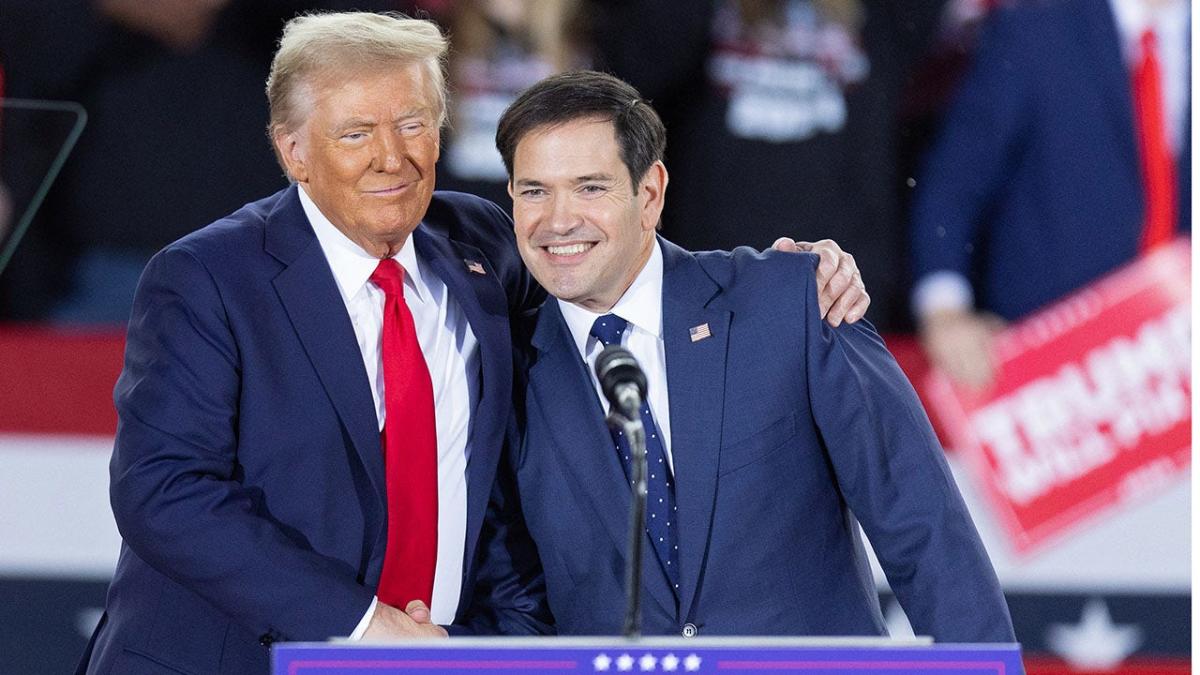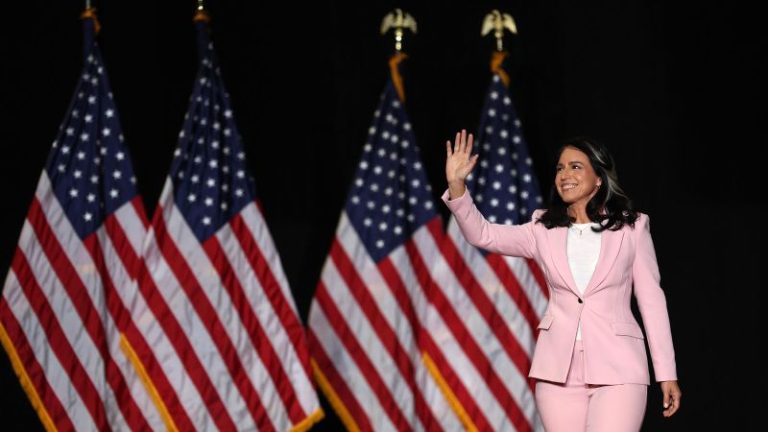President-elect Donald Trump has nominated Senator Marco Rubio, R-Fla., to serve as his Secretary of State. The announcement was met with a mix of surprise and intrigue, as one of the most powerful positions in the Trump administration has been offered to a former rival for the party’s nomination.
“It is my great honor to announce that Senator Marco Rubio of Florida is hereby nominated to be the United States Secretary of State,” Trump said in a statement.
This move marked a significant turn for Rubio, who was a vocal critic of Trump during the 2016 Republican primary and withdrew his candidacy after a bitter and personal campaign. Despite their historical friction, both leaders appear to have put aside their differences in the interest of public service.
Rubio, 49, has been serving as the senior United States senator from Florida since 2011. A known stalwart in foreign policy, his extensive expertise places him in good stead to handle this position. He served on the Senate’s Foreign Relations Committee and had consistently called for a tougher stance on Russia, a topic that continues to be of significant relevance today.
The Florida senator’s nomination as the nation’s top diplomat may consolidate Trump’s attempt to empower the cabinet members who share the President-elect’s vision for America’s role in the global landscape. Rubio’s well-known commitment to advocating for human rights and democracy worldwide aligns well with this vision.
The nomination also reflects the broader transition process that aims to blend establishment figures like Rubio with outsider, non-political picks in key positions. Trump, known for his unconventional political style and decisions, selected a former adversary, marking a significant shift from typical party strategies.
As the Secretary of State, Rubio will be responsible for implementing and representing American foreign policy. His position will require a delicate balance, aiding in overseas conflicts and maintaining beneficial relationships with foreign nations, while representing American interests.
However, Rubio’s nomination might face resistance during the Senate confirmation hearings. Critics note his previous disagreements with Trump on various issues – from the approach towards Russia to immigration policies. His willingness to challenge Trump’s perspective, while a sign of robust diplomatic engagement, might create tension in an administration known for its insistence on loyalty.
If confirmed, Rubio would be the youngest person ever to serve as Secretary of State. He is a promising and astute political character who brings in an interesting dynamic with his firm grasp on foreign relations, making him potentially well poised for this pivotal role.
Trump’s decision to nominate Rubio extends an olive branch of sorts to the establishment Republicans who criticized his presidential campaign. It offers a glimpse into Trump’s willingness to reach beyond his inner circle and tap into a broader pool of experience, signaling an administration that is geared to harness a blended approach.
In the wake of this announcement, various questions arise. Notably, how will Rubio’s views on foreign policy mould the Trump administration’s approach? Still, with Rubio’s nomination, Trump seems to convey that he values diverse opinions and ideas, thus hinting at a more dynamic and persuasive foreign policy for the next four years.




